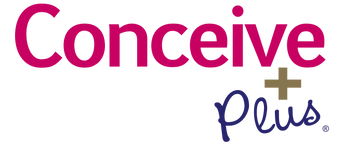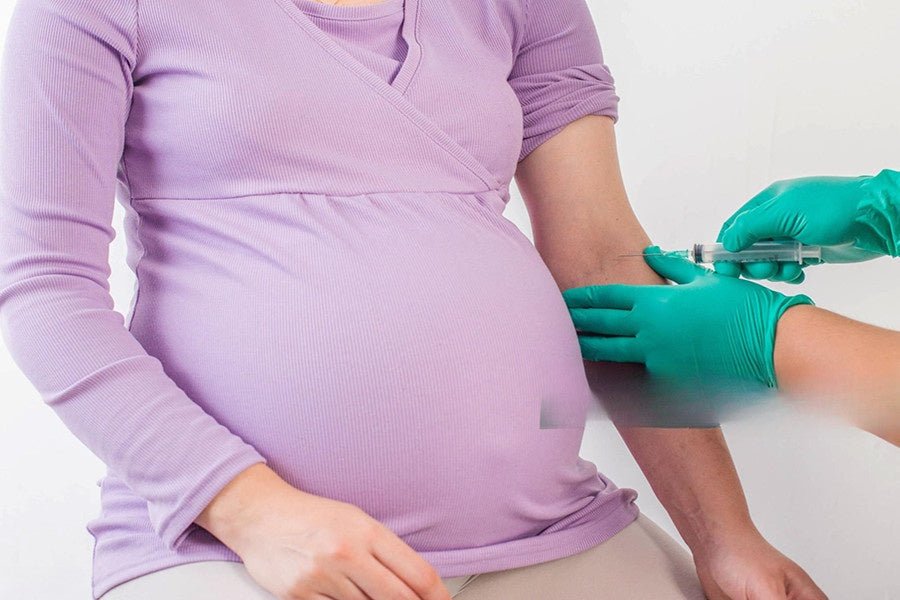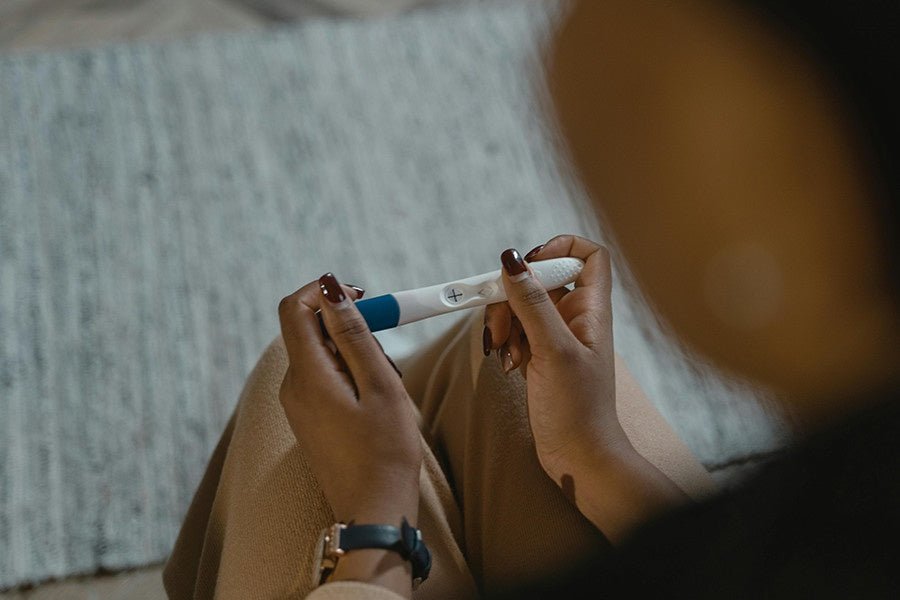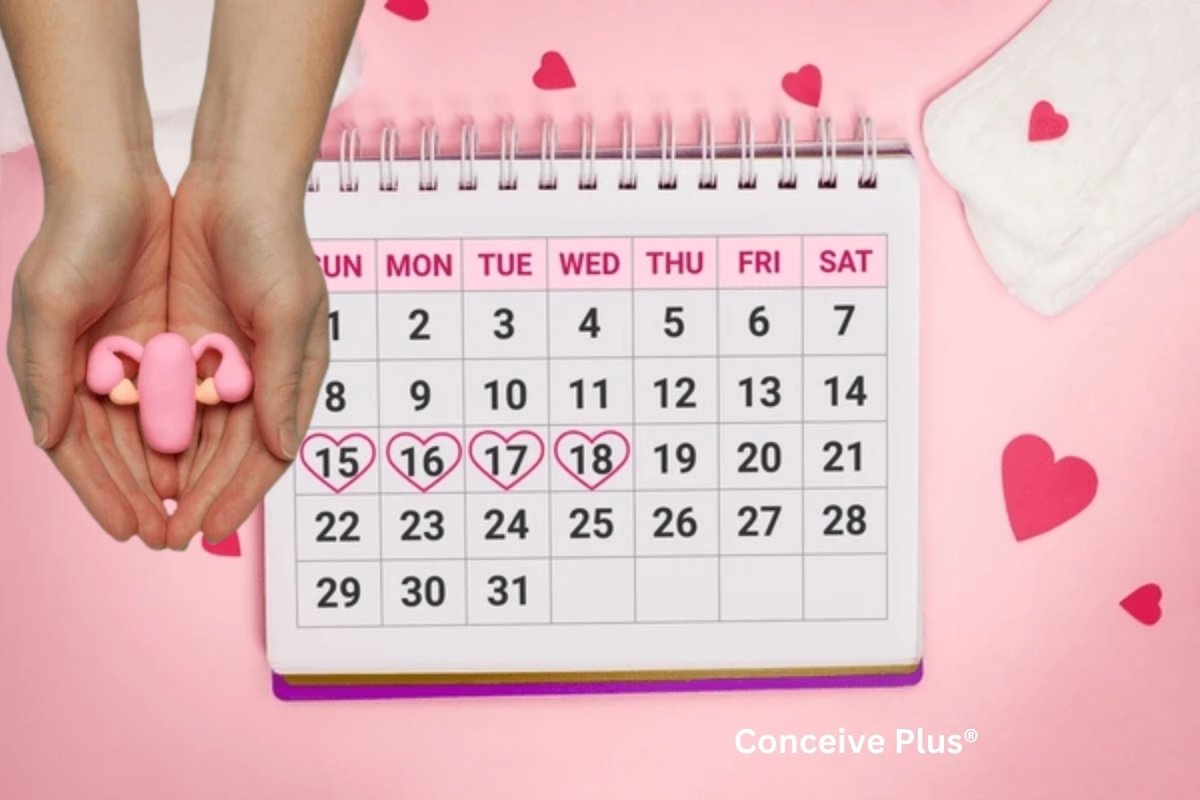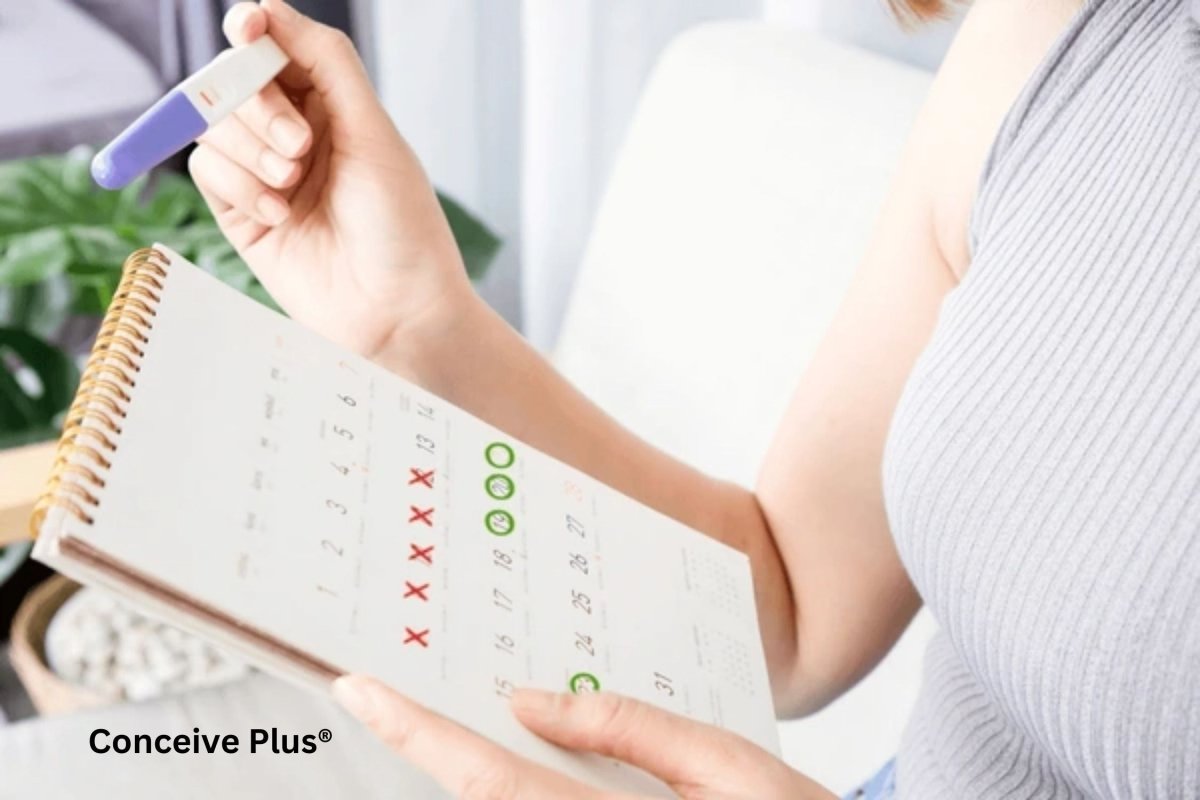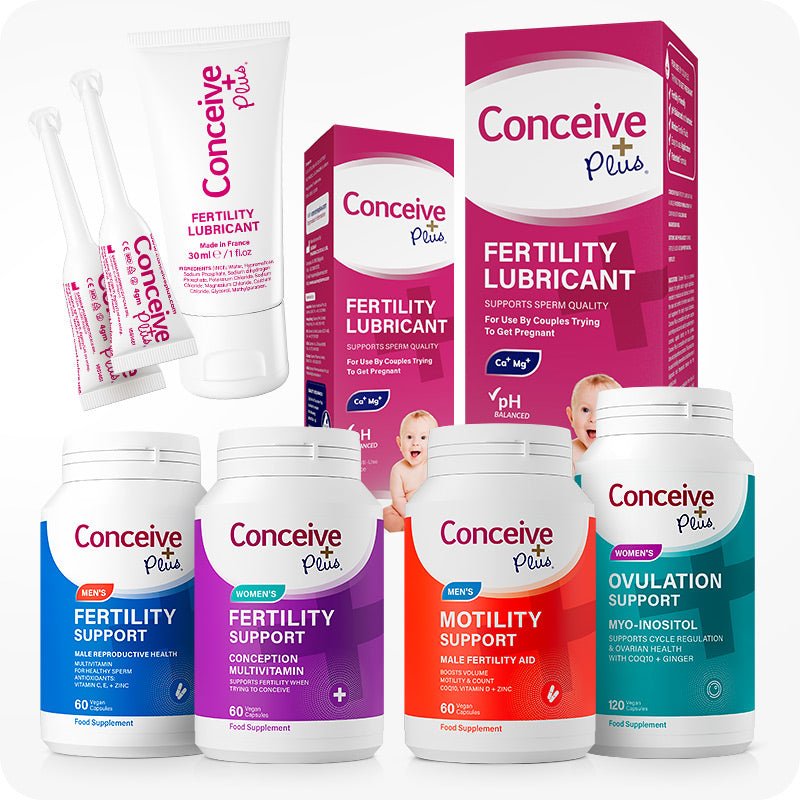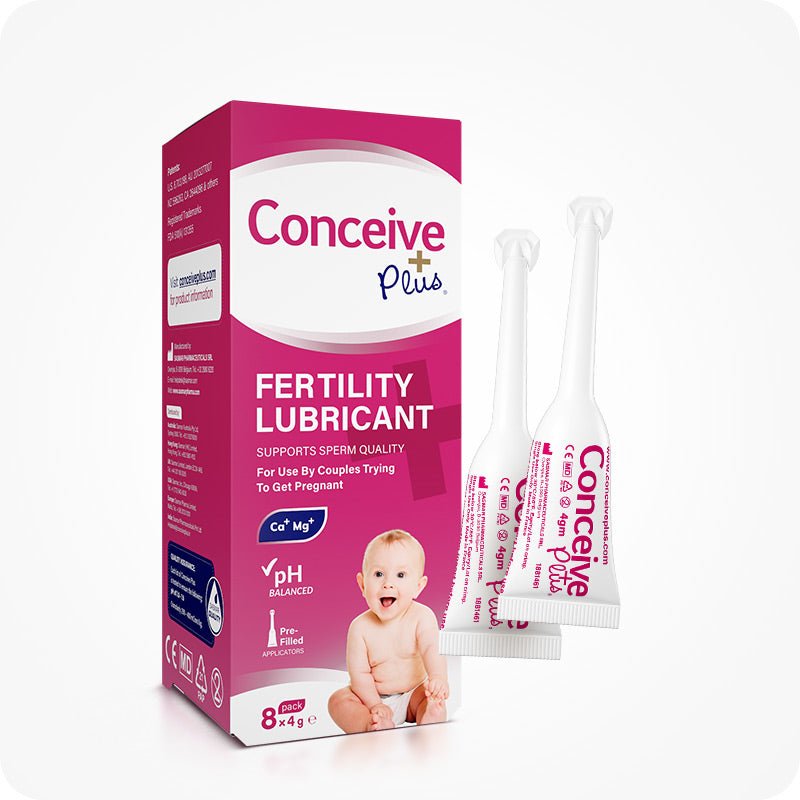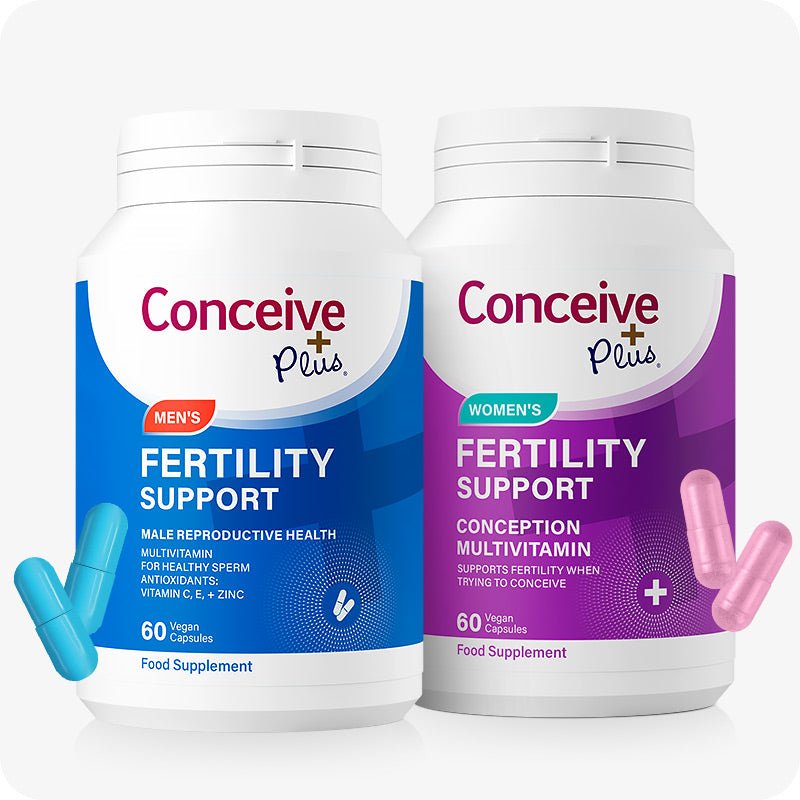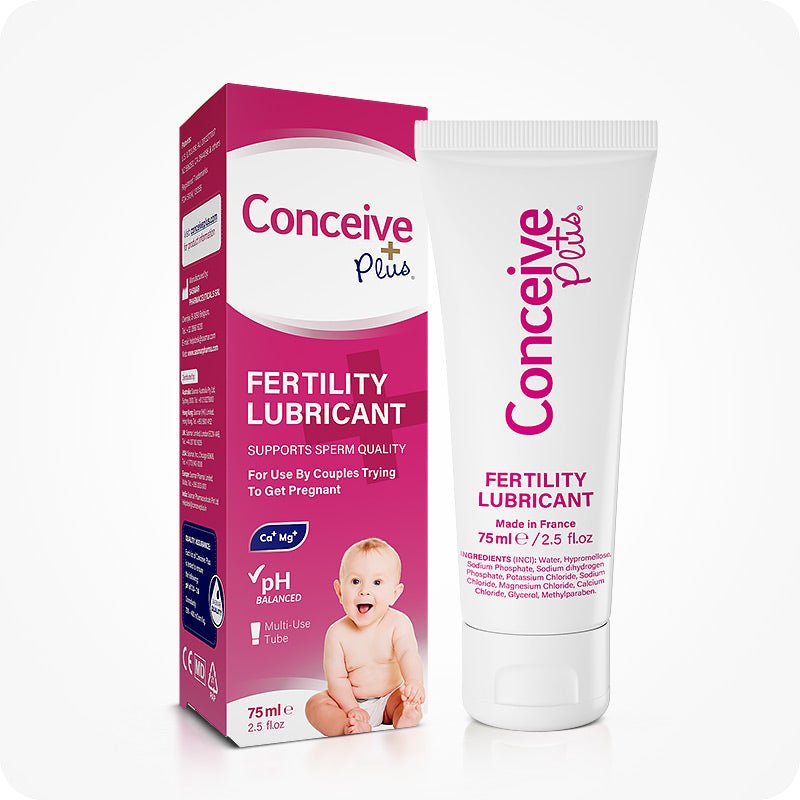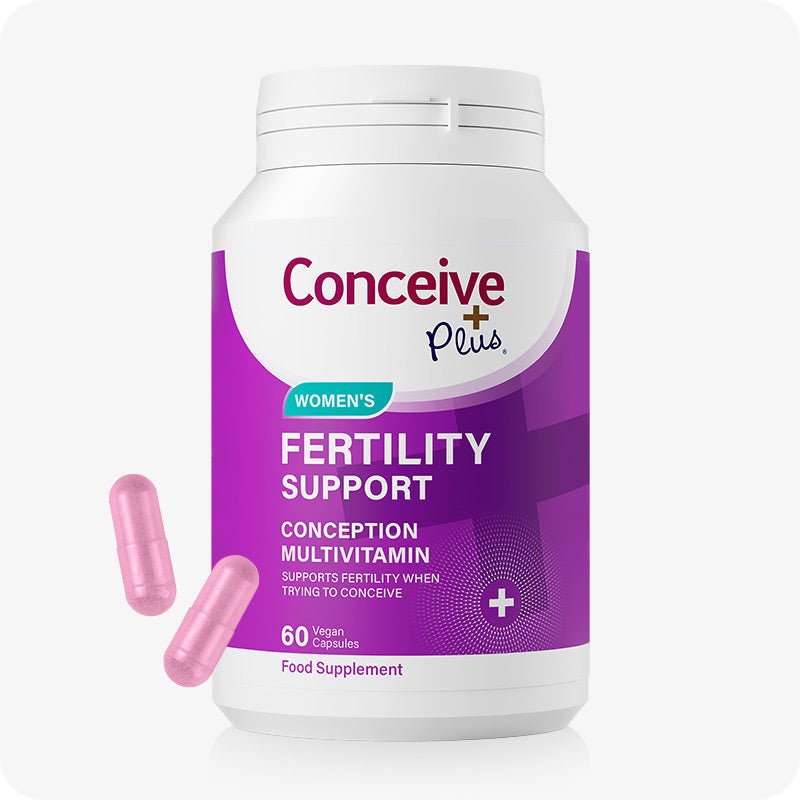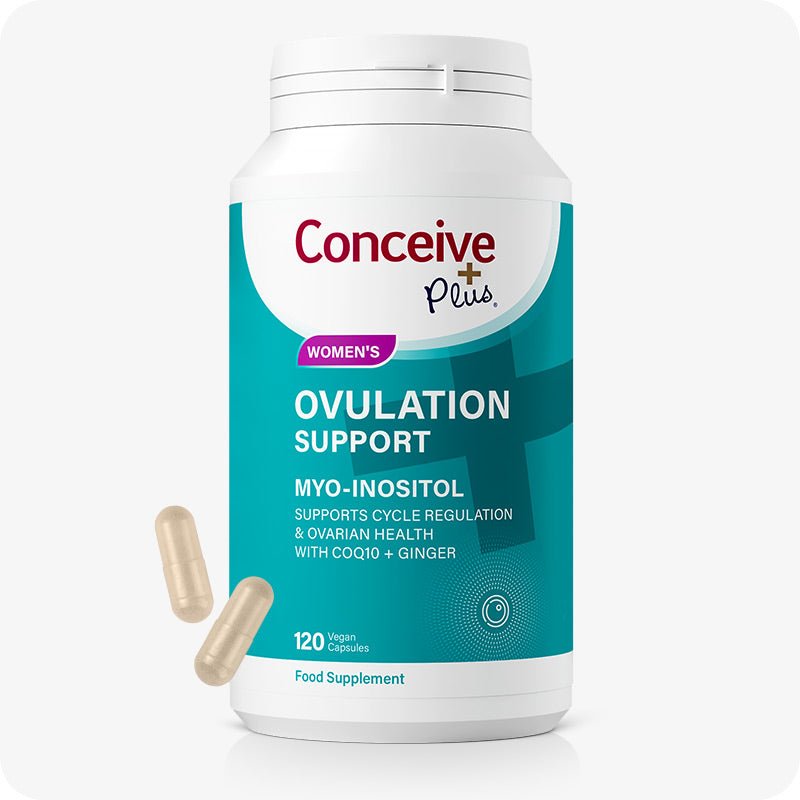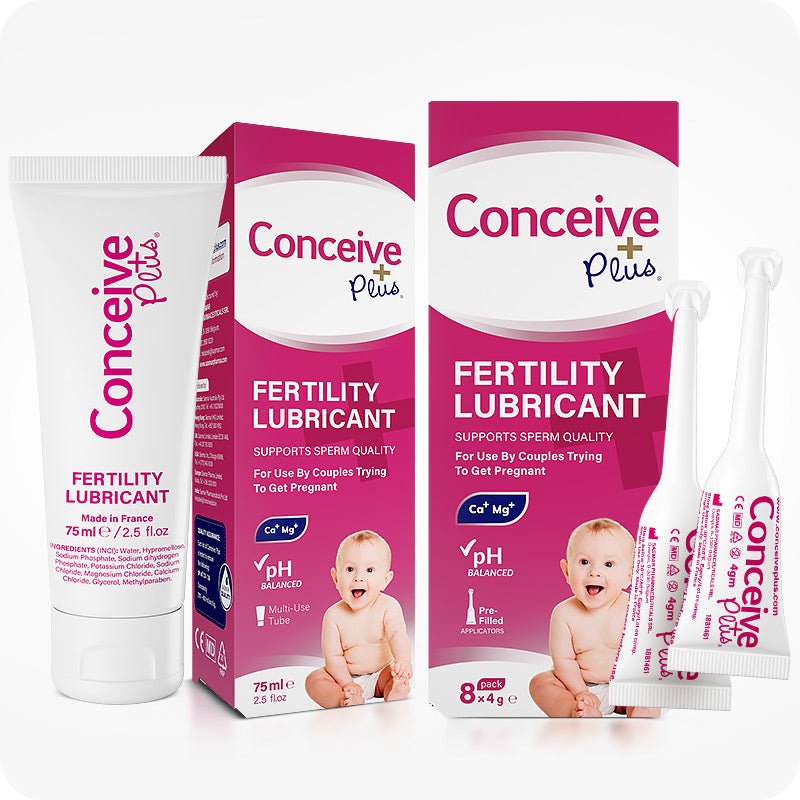When trying to conceive, your first step to success should be to get in sync with your
ovulation cycle. Understanding how ovulation works will help you plan your path to pregnancy and conceive sooner. We've prepared some important facts about ovulation to help you on your way sooner.
How does ovulation work?
Each month, your ovaries release a single egg. The process starts with the production of estrogen and other hormones, which stimulate your ovaries’ follicles and get your body ready for ovulation. At the peak of your cycle, usually 12-18 days after your period finishes, your ovaries release an egg. The egg descends through the fallopian tubes and settles in your uterus. It will stay there for about 12-24 hours, which is your window for fertilization. If the egg isn’t fertilized in that period, your uterus will shed its lining, along with the egg.
When can I get pregnant?
It’s difficult to pinpoint exactly when your body is ovulating, so you usually won’t be able to pick a specific day for conception. Keep in mind that you’ll usually be ovulating 12-18 days after the end of your period. If you have a very regular menstrual cycle, it will be easier to predict when you’re ovulating. Sperm can survive inside the body for up to 7 days, so women are the most fertile in the week leading up to ovulation. For the best chance of conception, you should have sex regularly starting around the 10
th or 11
th day of your cycle and continuing through the 18
th. It’s possible, but less likely, to get pregnant outside of this window.
Are there ways to tell when I’m ovulating?
The most tried-and-true method of figuring out whether you’re ovulating is by
checking your body temperature. Your temperature increases slightly (usually by just 0.5-1 degrees) when you have just ovulated. To use this method, you’ll need to start tracking your temperature over time. Make sure that you measure it at the same time each day, ideally in the morning when you’ve just woken up. Gradually, you’ll be able to see your body’s pattern and more accurately predict when you’ll be ovulating. You can also try an ovulation predictor kit, which measures hormones in your urine to predict when ovulation is about to start. These tools can be a big help in determining when is the best time to conceive.
CONCEIVE PLUS OVULATION CALCULATOR
Use our
ovulation calculator to find out the best time to get pregnant. Understanding when you are ovulating (your fertility period) will significantly increase your chances of conception.
Read more.

